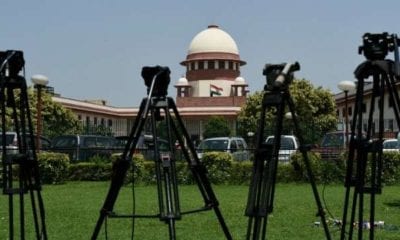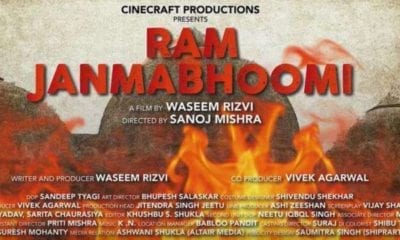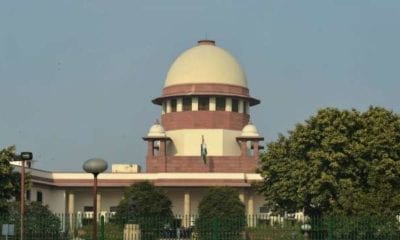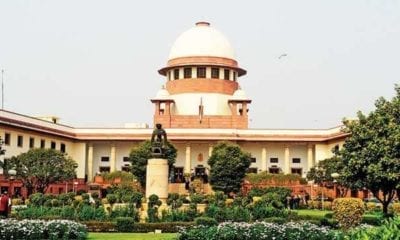Politics
Rohingya Crisis: Petition Filed In Supreme Court
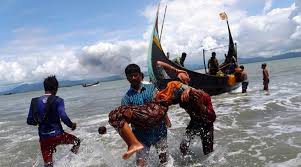
Despite living for centuries in Myanmar, the Rohingya (mostly Muslim), have been denied citizenship. A U.N. report has documented numerous instances of gang rape and killings by Myanmar’s security forces.
On Sept 11, Zeid Ra’ad al-Hussein, the U.N. human rights chief, termed the actions of state against the Rohingya community as “a textbook example of ethnic cleansing”.
In India, where reportedly 40,000 Rohingyas are lodged, the state is considering returning the refugees. Kiren Rijiju, the Union Minister of State for Home Affairs said that, as far as we are concerned they are all illegal immigrants and they have no basis to live here
Mohammad Salimullah and Mohammad Shaqir, a pair of Rohingya refugees, have filed a petition in the Supreme Court. Their petition raises two points:
- Any deportation would violate the fundamental rights to equality and to life.
- India would be infringing international law in returning them to Myanmar, in particularl the principle of non-refoulement.
The next hearing for the case is on Sept18. The government, however, may argue that:
- India is not bound to follow the principle of non-refoulement, because it is not a signatory to the 1951 U.N. Convention Relating to the Status of Refugees.
- It could be claimed that the Rohingyas are guilty of committing crimes against peace and are a threat to India’s national security.
Taking a look at ‘The principle of non-refoulement’
It is articulated in Article 33 of the 1951 Convention. It mandates that no state shall return or expel a refugee to “the frontiers of territories where his freedom or life would be threatened on account of his race, nationality, religion, membership of a particular political opinion or social group”. However, it certainly allows for an exception in cases if there are “reasonable grounds.”
Previous cases on the same premise:
In their judgments respectively in Dongh Lian Kham v. Union of India (2015) and the Ktaer Abbas Habib Al Qutaifi v. Union of India (1998) Delhi and Gujarat High Courts have virtually incorporated non-refoulement into the guarantees of Article 21 of the Constitution. The Gujarat High Court wrote that the principle protects life and liberty of a human being irrespective of his nationality. It is definitely encompassed in Article 21 of the Constitution, so long as the presence of a refugee is not a threat to the law and order and security of India.


